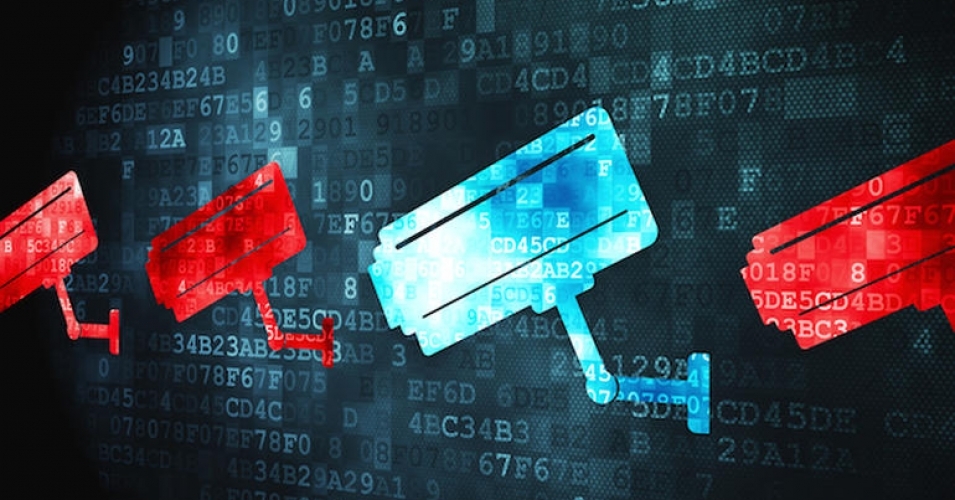The transformation of the Internet into a fair, equitable, and safe space seems to be one of the EU’s main objectives. While there are hundreds of written pages about the General Data Protection Regulation, better known as GDPR, alongside the dozens of training sessions given and at least as many jokes told, the newly introduced so-called link tax and the introduction of automatic filters on information will have at least the same impact on the future of the Internet if adopted in their current state.
Each Link – A Licence
The first of the two problematic new regulations is Article 11 of the Directive on Copyright in the Digital Single Market, which is currently under discussion in the European Parliament (EP) and was voted in the European Parliament Committee on Legal affairs a few weeks ago.
In short, it regulates the use of digital publications, extending the need for contracting, licensing, and paying for all contents. In practice, the new rule mainly applies when publishing links to publications in social networks and the like. Copyright is currently only applied when republishing a significant portion of the material.
As a result of the new proposed rule, social networks, aggregators, and search engines will see themselves forced to enter into license agreements with content creators, whose links are published in their networks.
The main reason for changing the current regime is to protect the media and ensure that they access a portion of the revenue coming from advertising that today only goes to the social networks and search engines. In theory, this should allow them to survive in an environment of increasingly heavy competition, declining budgets, and fewer opportunities to generate revenue through quality content.
The potential effects this new requirement would bring are almost unambiguously negative. Like many other recent EU initiatives, the “Link Tax” targets online giants such as Google, Facebook, and Twitter in an attempt to share some of their colossal earnings with those they depend on. It is even hoped that a more competitive market will be created and smaller players will be allowed to intervene in the actual monopoly of today’s giants.
In practice, however, the result will be the opposite – the requirement to pay for any link published will make the business of any company trying to set up a search engine, social network or aggregator, more expensive, and only those with enough funds to afford it will survive in the end, that is, today’s market leaders.
In such a way, the good intentions will most likely lead to further encapsulation of the market, increasing barriers to entry, and will solidify the positions of the current technological giants.
Other probable victims of the “Link Tax” are the scientific and encyclopedic projects (Wikipedia being the most popular among them), whose operating model is based on the free sharing of information and references to sources.
In fact, publishing a link to a text in an article is not significantly different from citing a source in a scientific article or a journalistic investigation. Neither of them could work without free access to the sources, and the new tax threatens to deprive them of this very free access.
As a result, the whole online discourse and debate, if stripped of its main sources of information, may suffer.
Filters Everywhere
The other element of the directive, which has given rise to a broad discussion, is Article 13, which implies the mandatory application of automated filters to monitor for copyright infringements when publishing content online.
The purpose is again primarily to protect content creators, although once introduced, such filters can be used for many different purposes, including censorship of opinion, statements or information based on the model that China uses in blocking the access to topics considered harmful to society.
The problems with such filters are plentiful – probably the most important one being that the most widely applied algorithms are far from perfect and we have witnessed in the past a number of cases in which they “have detected” breaches in copyright where there has been none.
The implementation of such filters will be quite expensive for all companies required to have them, while keeping the database against which to investigate infringements of copyright up to date, is virtually impossible.
This requirement, like the abovementioned Article 11 proposal, can also serve to consolidate and freeze the market. Major platforms (mostly YouTube because of the nature of its content) already have some form of filtering and copyright violation checks. For small players, however, the burden will probably prove to be overwhelming.
At this stage, it is too early to say whether the proposed implementation of automatic filters will lead to severe and restrictive censorship, as critics warn. It is certain, however, that it opens the door for broad regulations and restrictions in a free and open cyberspace, even based on concepts such as “hate speech” for whose nature and punishment there is no consensus.
The Battle Is Far From Lost
Even though last week the new regulations were approved by the Committee on Legal Affairs of the EP, this does not mean that in a few months we will find ourselves facing a brand-new Internet.
Like the abolition of the principles of Internet neutrality in the US, SOPA, ACTA and other similar initiatives, which were perceived as a threat to free and open Internet, the directive has been met with considerable opposition. Several campaigns, including one supported by the Mozilla Foundation, are fighting against the adoption of the new restrictions.
As long as the final decision on their introduction has not been taken, the text of the directive needs to be approved by the EU Council, and even then, the EP has the final say on its adoption. In this sense, we can only hope that the civil pressure on the Members of the European Parliament, who have repeatedly demonstrated that technology and Internet issues are far from their competences, will be convincing enough.



